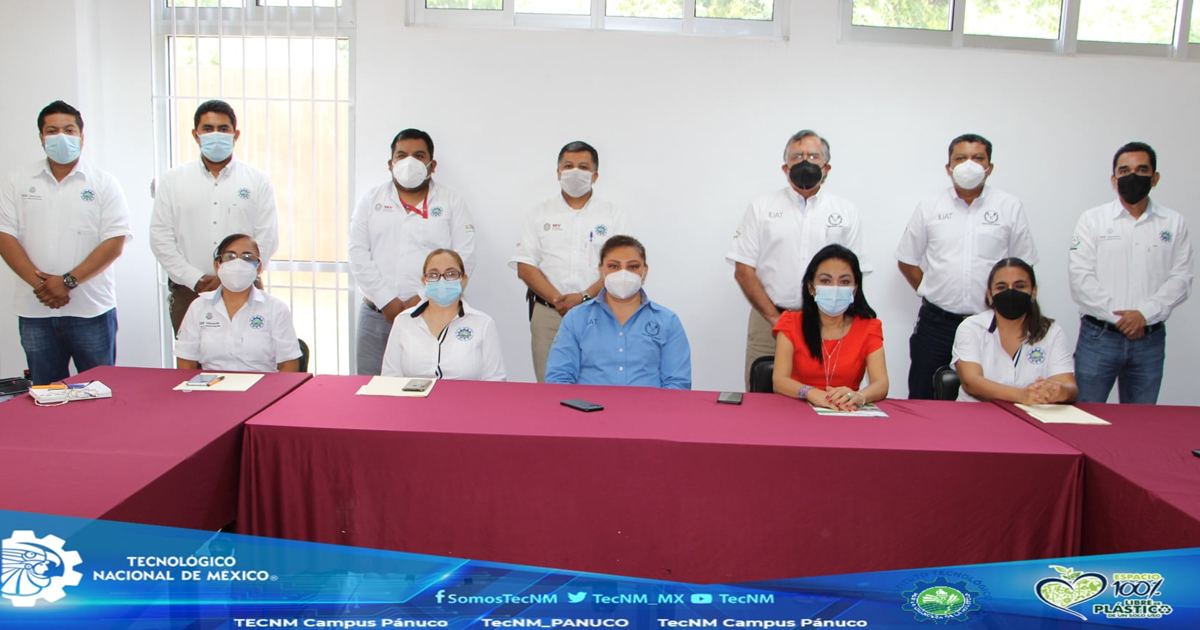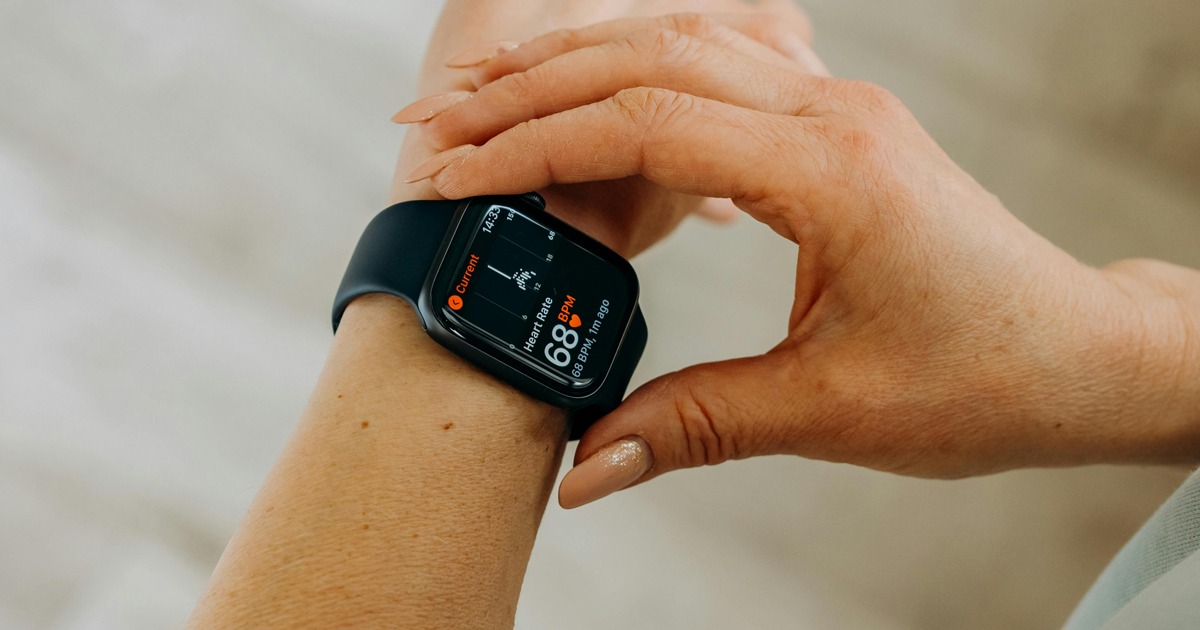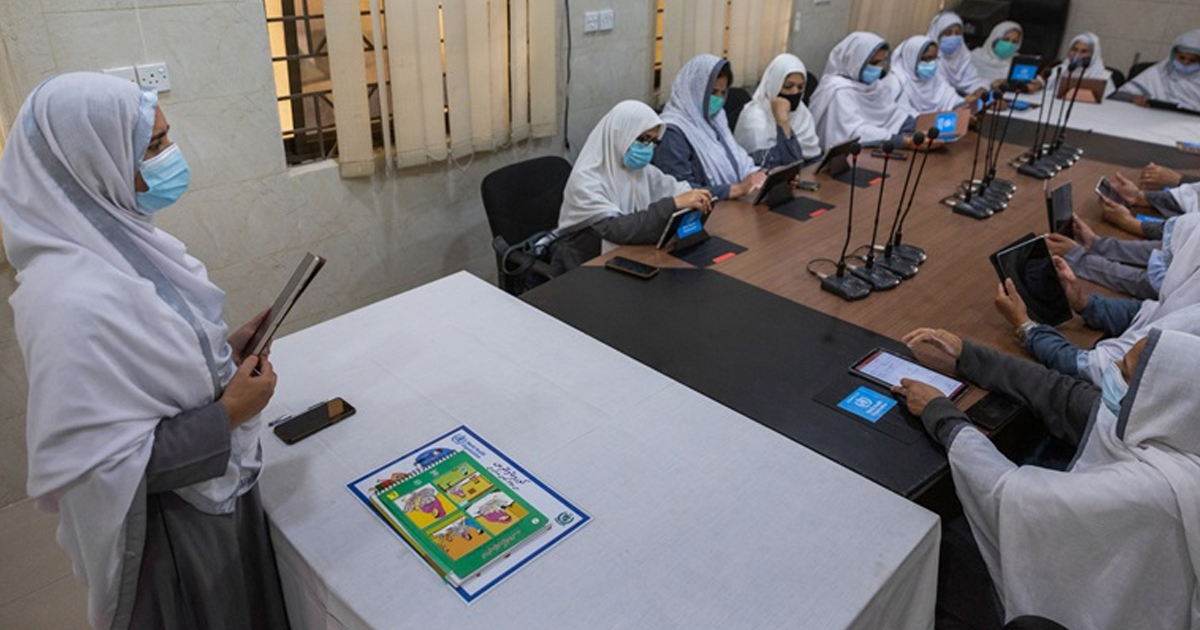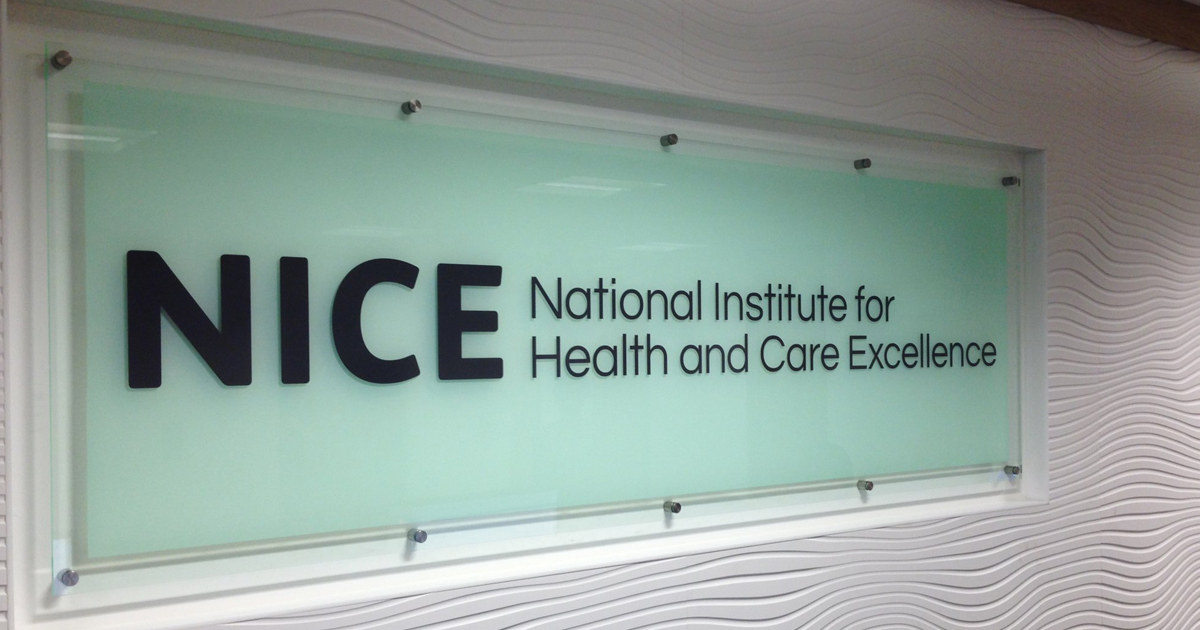Various measures are implemented in social networks to curb misinformation about COVID-19.
The World Health Organization (WHO) teamed up with technology companies and social media to stem the tide of false or misleading information about coronavirus.
When writing in the search box the terms "coronavirus" or "COVID-19" on Twitter, Facebook and Instagram the first obtained results will be a notice with official sources from WHO and PAHO (Pan American Health Organization), this as part of the strategy to prevent the spread misinformation that alarms the population, as well as to provide information on prevention.
In addition, Facebook is giving WHO free advertising globally to disseminate official information and reach more people.
Other measures Facebook is taking after the virus outbreak is to remove misleading or fake news and posts containing conspiracy theories, thanks to its algorithm, as well as removing advertisements for medical products -such as mouthpieces- that generate a sense of urgency in potential buyers. Another type of advertisements that will be removed are those that offer "miracle" products to "cure" or "prevent" coronavirus.
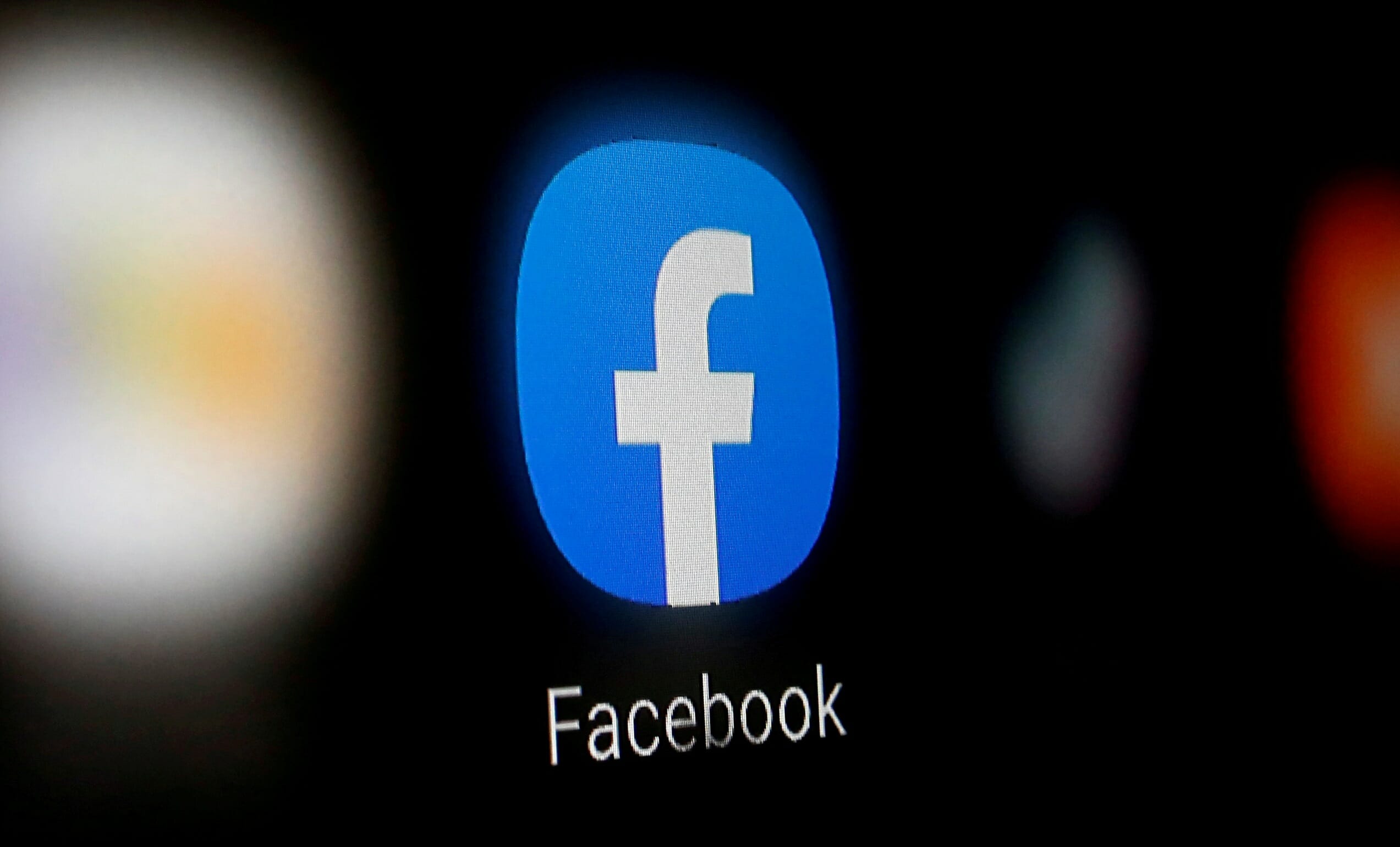
This is an example of how the use of digital technologies, which are available to most people, can lead to misinformation and a crisis among the community. Immediate action and willingness of leaders to make responsible use of their tools is key to being able to control reactions and to be able to keep the population properly informed.

